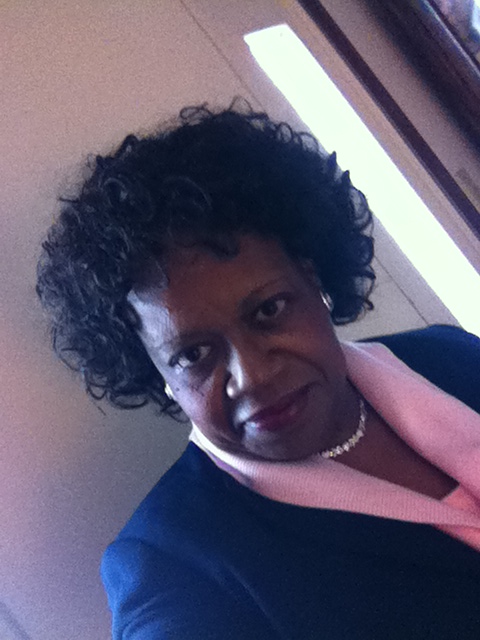Theological Education at Payne Seminary: Betty Whitted Holley’s Perspective
By Presiding Elder Betty Holley, Contributing Writer
In preparing to graduate the largest class in Payne Seminary’s history, 51 students in the Master of Divinity and Doctor of Ministry Degree Programs, I had a moment of reflection on my theological education at Payne. What can I say? Just to have had the God-opportunity to matriculate at Payne is indeed historical because it is the oldest African American seminary in the United States. Even though Payne was not accredited until 1995, it did not stop Payne from educating all persons that decided to come from near and far to study on its sacred grounds and within its hallowed walls.
In my view, what has kept Payne on the cutting edge over the years, especially during its lean years when I was a student, was the par excellent faculty. The core faculty persons at Payne and the hand-picked adjuncts made sure you had a well-grounded and ethically-sound theological education. They made this happen through running a thread throughout the entire curriculum that enabled you to connect the four major parts: historical, biblical, theological, and practical. You would hear biblical thoughts in Christian history courses because some of the same narratives showed up! You could hear historical voices in systematic and liberation theology courses because some of the same vocabularies showed up! You could hear Christian ethics in biblical courses because some of the same scholars showed up! This did not happen by chance. These threaded connectors were done intentionally by the renown Payne faculty. They added interdisciplinarity to the curriculum to enable a holistic experience throughout your matriculation which still exists.
Upon graduating from Payne in the Class of 2000, I was well-prepared to pursue my Ph.D., having completed a required thesis, Toward a Global Ethic. My thesis laid the foundation and was a point of departure for my dissertation, Raising and Sustaining the Ecological Consciousness of the African American Community.Acquiring a Master of Divinity degree (M.Div.) from Payne, disciplined me to do further study. My writing skills were sharpened because of my theological education at Payne. One of the professors once said, “Payne will let you in but you will have to write your way out!”
My Payne M.Div. prepared me for the pastorate with the necessary ministerial skills. Going through writing up critical incidents in Supervised Ministry I, II, III, and IV helped in equipping me for practical ministry. At Payne, I learned how to develop and work through a church budget. At Payne, I learned to understand the polity of the AME Church. At Payne, I learned the patience to work with “church folks.”
My Payne M.Div. prepared me to teach at Payne. I adopted some of the professors’ teaching styles within my own style of teaching coming from secondary and undergraduate education. Today, teaching with Payne’s par excellent faculty that taught me is a humbling experience. I feel blessed to have the God-opportunity to teach with the excellent faculty, to work in administration, and to teach students seeking a well-grounded and ethically-sound theological education.
The Rev. Betty Whitted Holley, Ph.D., serves as the presiding elder of the Columbus-Springfield-Xenia District of the Ohio Conference in the 3rd Episcopal District. Dr. Holley is a member of the core faculty at Payne Theological Seminary, teaching theological research and writing, ecological theology, eco-justice and the Christian faith, and Christian Education. She was recently appointed the director for the Master of Divinity Degree Program.





